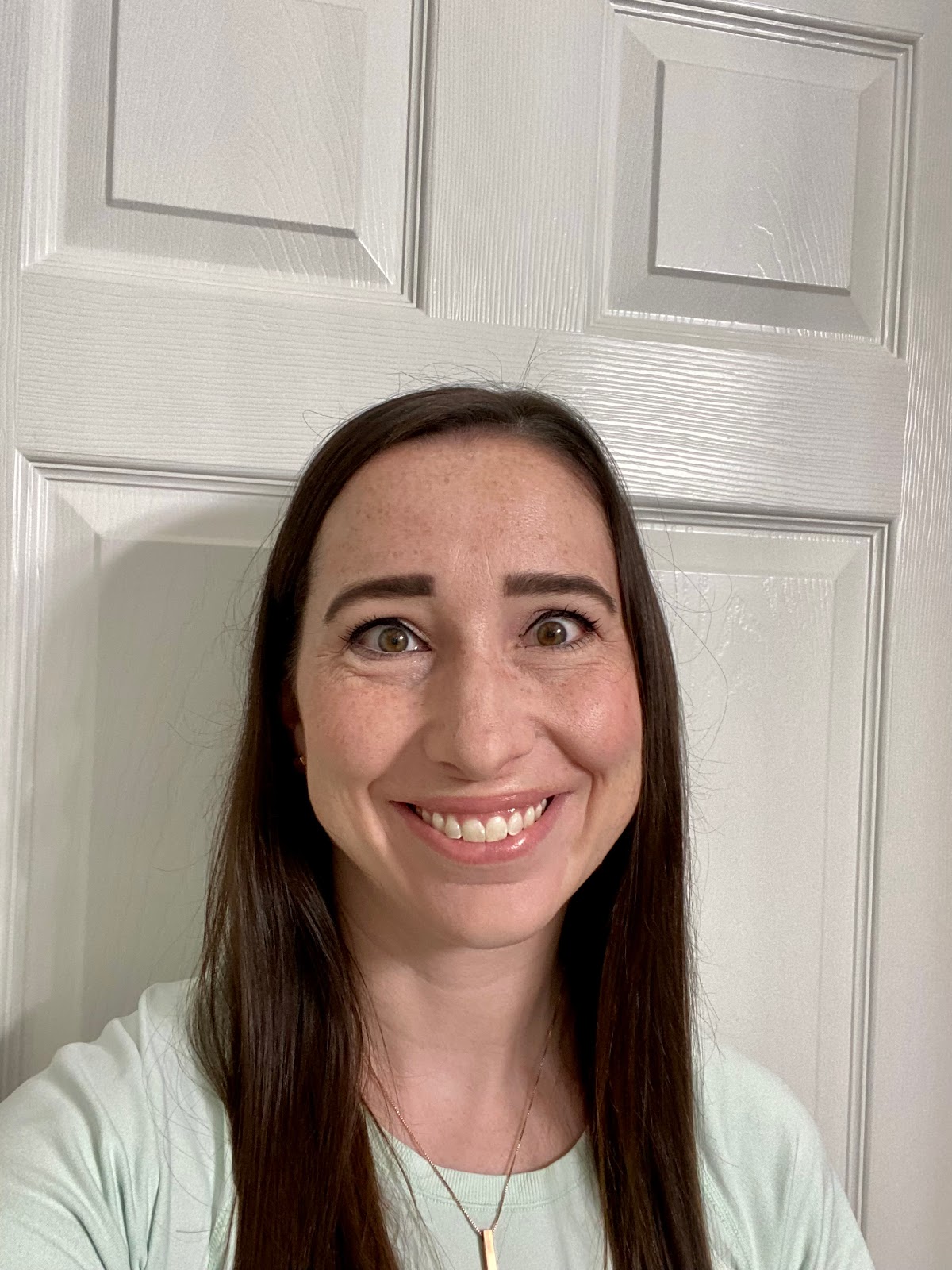So my friend and coworker
Sarah and I were talking about something the other day, and in the middle of it she said, "I think this should be a blog post! Because we cannot be the only people hearing us talk about this."
As funny as that was, she's also totally right.
Now, caveat, we are first-year teachers, but we already have a very real understanding of the "system": teachers, administrators, parents, government, etc. and how it all works together. We also really love our jobs, but we do spend something like 60-80 hours a week at school teaching, grading, and planning.
Here's what we were talking about: something that's really pushed in education now is 21st century learning skills. In fact, there are
21st century standards that we're supposed to incorporate into our teaching so our kids learn them. They are skills like:
21C.0.5-8.2.LS.1 -- Student engages in a critical thinking process that supports synthesis and conducts evaluations by applying comprehensive criteria.
21.C.O.5-8.2.LS.4 -- Student creates thoughtful ideas and solutions and takes risks as he/she works toward goal despite mistakes. Student begins to consistently think of all the possibilities and diverges to become more expansive with his/her thoughts/ideas that lead to the creation of original products.
21C.O.5-8.3.LS.3 -- Student sets challenging goals and strategically plans to reach those goals, monitors performance and adjusts effort and strategies, seeks assistance when needed, and demonstrates focused commitment to reaching the established goals.
The truth is, there is a lot we can do as teachers to help cultivate these skills. We can insist on group work, have students set and meet goals, etc. But there is really only so much we can do. Because when you boil it town, you know what talents these standards really require? Innovation, problem solving, and creativity. Which is also what you need in the workforce now. As Sarah and I agree, you know what helps with innovation, problem solving, and creativity? Reading a book. Playing outside with neighbors or siblings. Play where one has to use his or her imagination to make up a story, game, or situation.
You know what does not help with these skills? TV. Playing endless hours of video games. Playing with apps on a cell phone or iPad. Unfortunately we have a lot of students that refuse to read a book, that look for the absolute bare minimum of what they have to do to get a passing grade, and who have no idea how to read and follow directions.
Not to be the person who starts every story with "When I was your age ..." but WHEN I WAS MY STUDENTS' AGES (and younger) I played with my sister
Erin a lot. We didn't have Nintendo or phones or electronics of any kind. We had some Barbies, a few other toys, dress up clothes, board games, and a gazillion books. Erin and I played for HOURS and HOURS in our room ... all kinds of games. We played with whatever we had. We had one white hamper with a lid that we used as the check out counter at our store, the altar at our church, and the teacher's desk at our school. Our hair ties were lunch food and grocery store items. Our Barbies were dressed and redressed through all sorts of stories. We played outside in our magnolia tree, aka our pirate ship, and on our swing set, aka our
Double Dare obstacle course.
The thing is, I know (and Sarah knows) that there are all sorts of debates, discussions, thoughts, and opinions about what's going on in American education today. And I don't know what the solution is really, and that's not the point of what I'm writing here. But I do know that what would really help all of our students today, regardless of what the standards are, is a lot LESS video games, cell phones, and TV and a lot MORE playing and reading. I know there are veteran teachers who will probably say "duh" because they have been dealing with this for years. But these are just some thoughts from first-year teachers with 51% of the year under their belts. Really it's as simple as that. Play and read. As I tell my students at least twice a class period READ A BOOK! Want your kid to be successful in life? Teach them to love reading and playing. Every single one of my top-performing students is a reader. EVERY. SINGLE. ONE. That's not a coincidence.
Just to reiterate, I love teaching and so does Sarah. We have good students for the most part, and most all of our discussions have to do with how we can do better for them. I just wish they'd hear me when I tell them to READ A BOOK!






























